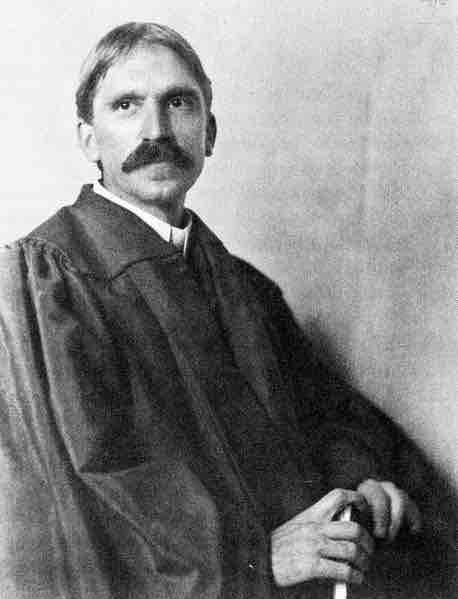Reflective Thinking
Reflective thinking is using the scientific method to make a decision. This helps to create deep learning, which will enable the growth of an individual in many different aspects, including morally, emotionally, and cognitively. Reflective thinking helps to determine an individual's strengths and weaknesses by allowing individuals to question values and beliefs, challenge assumptions, recognize biases, acknowledge fears, and find areas of improvement.
John Dewey and Critical Thinking
Dewey's method of critical thinking involves a disciplined mind in order to gain knowledge . A disciplined mind needs intellectual control of the thinking process, which is so often emotionally based. This disciplined mind offers intellectual freedom, and discipline shouldn't be viewed as a negative aspect as many individuals believe it to be.

John Dewey
In public speaking, John Dewey's methods of reflective thinking are often taught to students.
Reflective Thinking in a Group Setting
Using reflective thinking in a group setting can allow for intellectual decisions based on defining a problem and using concepts based in logic to select the best solution. Group members will then be able to compare and contrast their colleagues' interpretations of the project experience with their own. They can learn about the strengths and weaknesses of the group, as it is comprised of the competencies and assumptions of the individuals.
Reflective thinking about group work should cover ideas such as:
- What did I do well? What did the group do well?
- What could I improve on? What could the group improve on?
- What was one of the largest obstacles the group faced? Did did we overcome it? How?
- Was there group conflict? Was it resolved? How?
- Was our group successful? Did we complete our objective? Why or why not?
- What would we do differently if we were given the opportunity to repeat the project?
Reflective thinking is an excellent tool for identifying positive and negative aspects of a group work experience. By spending time seriously contemplating the overall process, both during and after the project, it is possible for group members to learn from their experience and work toward improving their group work skills for the future.